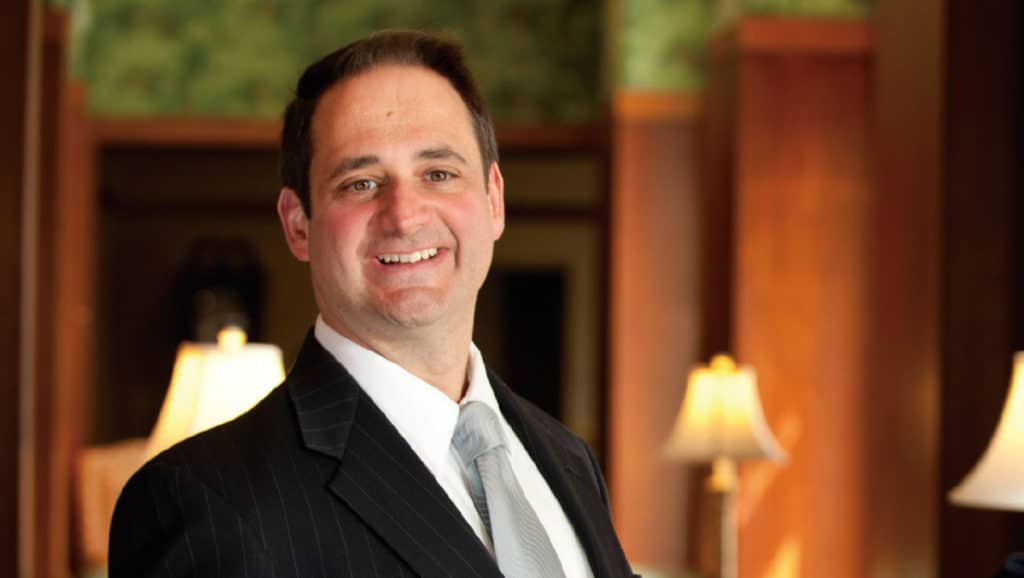
In 2005, Dr. Vince Magnini joined the SBDC team as its first-ever, pro bono small business consultant from Longwood University’s faculty. Since then, his expertise in both management and marketing has made him an invaluable resource for SBDC clients as he challenges entrepreneurs to think strategically and intentionally about marketing their businesses.
With an MBA from Wichita State University and a Ph.D. in Marketing from Old Dominion University, Magnini specializes in helping businesses sell their services while maintaining operational efficiency and customer service. Now the chair of the department of management and marketing at Longwood, Magnini continues to consult with entrepreneurs and teach workshops each semester, providing specialized support in the service sector for restaurant, hotel and retail clients. He sees small business as the basis for economic growth in Southside Virginia — and the main draw for keeping people in the area.
“Being forced to move because there’s no opportunity? That’s sad,” said Magnini. “Anything we can do to keep the doors open for our children to remain in our communities if they desire to do so is important. Small businesses are the backbone of that.”
Magnini recognizes the very real challenges facing small business owners, including a lack of access to capital and the looming recession. However, despite these hurdles, he sees rural communities build local pride and identity with the launch of each and every new venture. This is why he believes that Farmville’s new SEED Innovation Hub will be a huge game changer for the SBDC — and a significant asset for a number of stakeholders.
“It’s going to be a resource for local entrepreneurs who want to advance their business modeling and their prototyping,” said Magnini. “It’s going to be a huge resource for Longwood University students in the College of Business and Economics. I’m going to actively encourage the students in my business strategy class to do small group work there for their case analyses.”
Magnini also sees the innovation hub as a potential solution to one of the biggest challenges in rural communities: building trust and breaking down barriers.
“Sometimes people reject innovative ideas too quickly,” he explained. “You need to give an idea enough time to grow and to prosper. You need to build cohesiveness, build trust and build a shared vision.”
Another piece of advice that Magnini always gives small business owners? Make sure that your strategic planning research doesn’t include unintentional bias. Whether it’s market, product development or service development research, Magnini has techniques he’s developed over the past decade and a half that can help small businesses avoid unintentional bias and groupthink.
Ultimately, he understands that rural regions hold a vast amount of potential. They just need to find their niche.
“Take South Hill, Virginia,” he said. “The proximity of South Hill to millions of consumers is unbelievable. It’s just a matter of them carving out their positioning in the industry. It’s all about connecting the dots for economic growth.”
